- sort orderDefault
Photo title, A → Z
Photo title, Z → A
✔ Date created, new → old
Date created, old → new
Date posted, new → old
Date posted, old → new
Visits, high → low
Random - Google Map
- map
 home / Insecta · vabzdžiai / Hymenoptera · plėviasparniai / Megalodontesidae / Megalodontes cephalotes
home / Insecta · vabzdžiai / Hymenoptera · plėviasparniai / Megalodontesidae / Megalodontes cephalotes

-
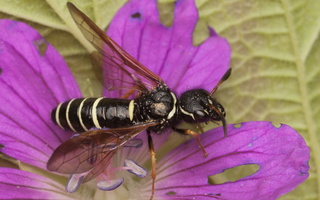 Megalodontes cephalotes
Megalodontes cephalotes
-
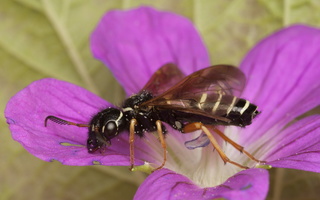 Megalodontes cephalotes
Megalodontes cephalotes
-
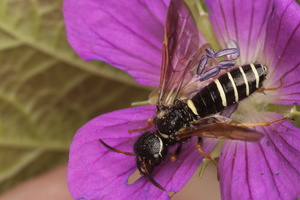 Megalodontes cephalotes
Megalodontes cephalotes
-
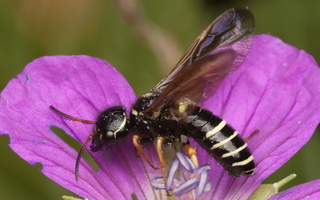 Megalodontes cephalotes
Megalodontes cephalotes
-
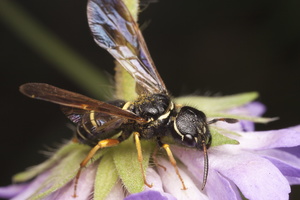 Megalodontes cephalotes
Megalodontes cephalotes
-
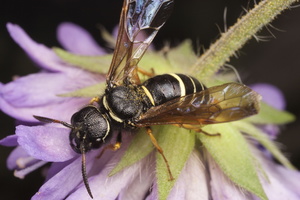 Megalodontes cephalotes
Megalodontes cephalotes
-
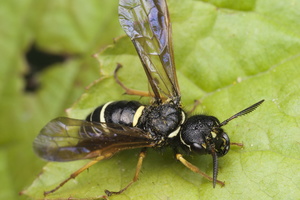 Megalodontes cephalotes
Megalodontes cephalotes
-
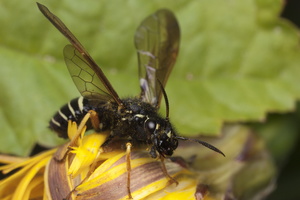 Megalodontes cephalotes
Megalodontes cephalotes
-
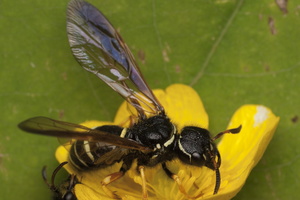 Megalodontes cephalotes
Megalodontes cephalotes
-
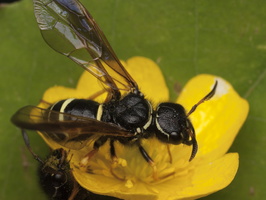 Megalodontes cephalotes
Megalodontes cephalotes
-
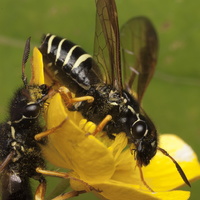 Megalodontes cephalotes
Megalodontes cephalotes
-
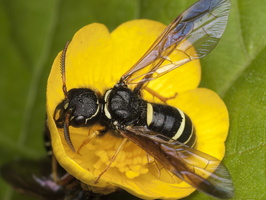 Megalodontes cephalotes
Megalodontes cephalotes
-
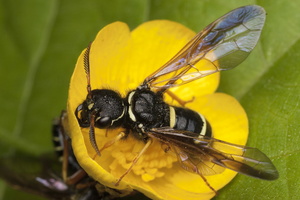 Megalodontes cephalotes
Megalodontes cephalotes
-
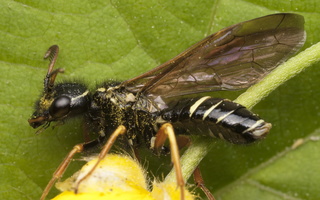 Megalodontes cephalotes
Megalodontes cephalotes
-
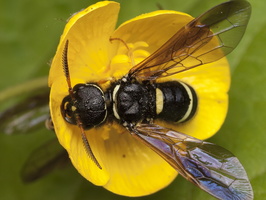 Megalodontes cephalotes
Megalodontes cephalotes
-
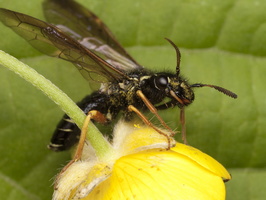 Megalodontes cephalotes
Megalodontes cephalotes
-
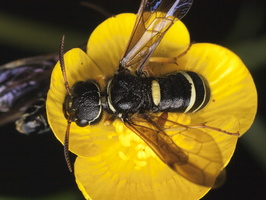 Megalodontes cephalotes
Megalodontes cephalotes
-
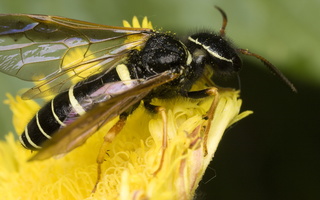 Megalodontes cephalotes
Megalodontes cephalotes
-
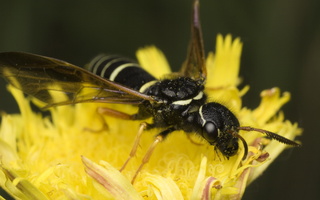 Megalodontes cephalotes
Megalodontes cephalotes
-
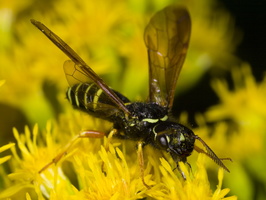 Megalodontes cephalotes
Megalodontes cephalotes
-
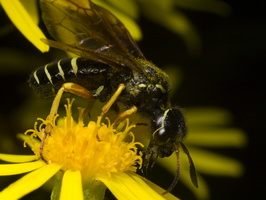 Megalodontes cephalotes
Megalodontes cephalotes
-
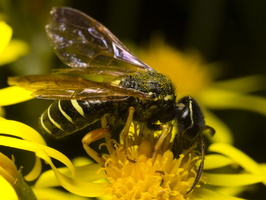 Megalodontes cephalotes
Megalodontes cephalotes
-
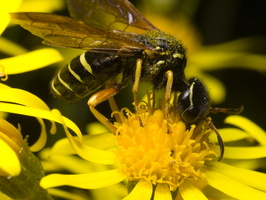 Megalodontes cephalotes
Megalodontes cephalotes
-
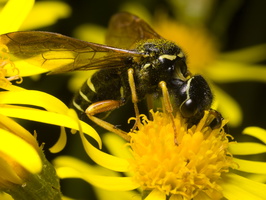 Megalodontes cephalotes
Megalodontes cephalotes
-
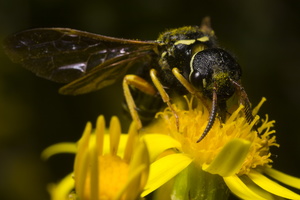 Megalodontes cephalotes
Megalodontes cephalotes
Megalodontes cephalotes
- Moon-carrot Sawfly
- en.wikipedia.org/wiki/Megalodontes_cephalotes
- insektarium.net/hymenoptera-2/megalodontesidae-szarznikowate/megalodontes-spp-szarzniki
- gbif.org/species/4492231
This species is restricted to the regions of Europe. Megalodontes cephalotes can reach a length of 8–12 mm. These sawflies have a black glossy body with narrow light yellow bands on the abdomen. Pronotum shows a yellow upper margin. The head is large, the antennae are pectinate, with darkened flabelli towards the apex. The wings are reddish. Adults can be found from May to July, mainly on white and yellow inflorescences. They feed on pollen, nectar and honeydew, while young larvae feed gregariously on a few Apiaceae flowering plants (Laserpitium, Seseli, Peucedanum).